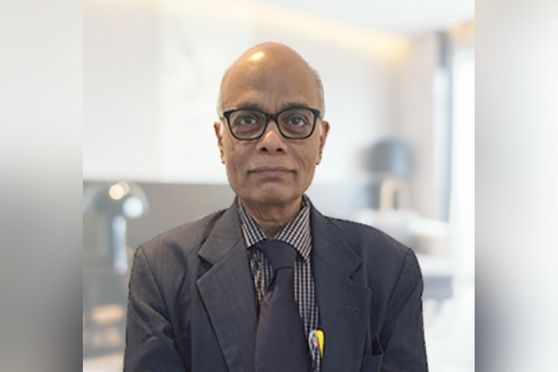Possible Future for Imparting Education


Mr Biswajit Ghosh, Vice Chancellor, The Neotia University, Sarisha, shares his views with us on what he feels makes for a good educator of the future. He talks about the prevalence of technology, as well as the paradigm shift that education needs to adapt to the changing world.
Education is imparting of knowledge between the student and the teacher for the manifestation of perfection to cope with critical situations. Both teacher and student are transmitters as well as receivers of knowledge through ‘Actor’, ‘Action’ and ‘Performance’. Knowledge is an intangible asset and those who possess this were recognised as ‘Guru’ in the ancient ages and ‘Mentor’ at present. A guru or mentor helps in acquiring general knowledge, developing the powers for reasoning and judgment, and building up an intellectually mature life.
Our education system is a three-tiered one. The first tier is ‘Primary Education’ up to class IV. The second tier is ‘Secondary Education’, up to class XII and the third tier is ‘Professional Education’, involving acquiring a certificate, diploma or degree. Teaching methodologies, on the other hand, are fourfold e.g.
i. fundamental,
ii. strategic,
iii. applied and
iv. adoptive
Teachers adopt one of the above folds according to the subject of studies such that the teacher can reach into the mind map of the student.
The new education policy, NEP-2020 adopted the four tier education systems i.e. primary education is up to class V, junior education is up to class VIII, secondary education is up to XI and professional education in three categories. A one-year completion course will be a certificate, a two-year course, a diploma and a four-year one a graduate degree.
The rhythm of imparting knowledge has changed greatly due to the emergence of the pandemic situation at the beginning of 2020. Instead of the physical mode, education was imparted through the virtual mode and teachers faced difficulties in assessing the registering of what is being taught in the minds of the students. During the pandemic era then, knowledge transmission became dependent on information and communication technologies (ICT), which involved data, information, and knowledge. The ICT systems became tools for acquisition, storage, use, sharing and development of data, information and knowledge in an electronic/digital form, narrow in the understanding of mind map management. From an ICT perspective, ‘Data’ can be defined as a single sign with a defined meaning, ‘Information’ as several logically related data and ‘Knowledge’ as the subjective and context-dependent understanding and sense-making of information and these are transferable into digital format in the form of ‘0’ and ‘1’. The standards of technology and traditional logic emerged in the formats of computer languages, software programs and tools.
Studies indicated that in future four emerging problems are knocking at the door and these are
i. Mobility,
ii. Water,
iii. Waste Management and
iv. Energy.
Among these, energy is an integral parameter in all the above issues and raises the question of sustainable living. Sustainability is a key consideration for all of us as the global ‘Entropy’ or ‘Degree of Disorder’ is increasing day by day. We have to stabilize this degree of disorder for achieving sustainability.
Entropy in knowledge-based systems is enhancing day by day and for its stabilization, there is a need for enhancing the skill of the students such that students can overcome the challenges for sustainable development.
The skill in general and digital skills, in particular, will be one pillar for our future educational strategy that must promise ongoing learning and development process for all to have access to universal skills throughout the full span of their career. To have this, they need ‘Train the Trainer’ programmes to build teachers for tomorrow who can enhance the skills of our future citizens through understanding their ‘Mind Map’.